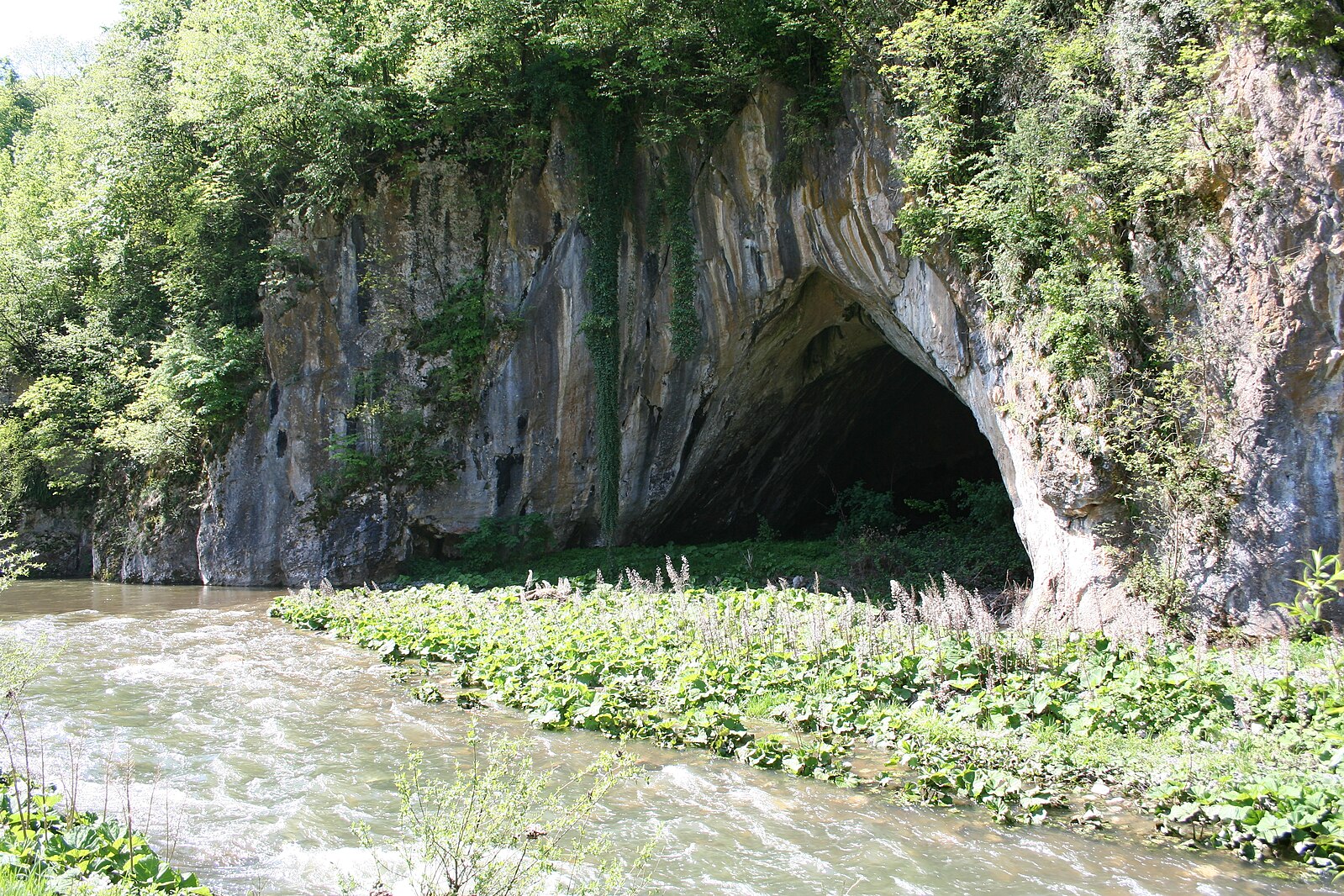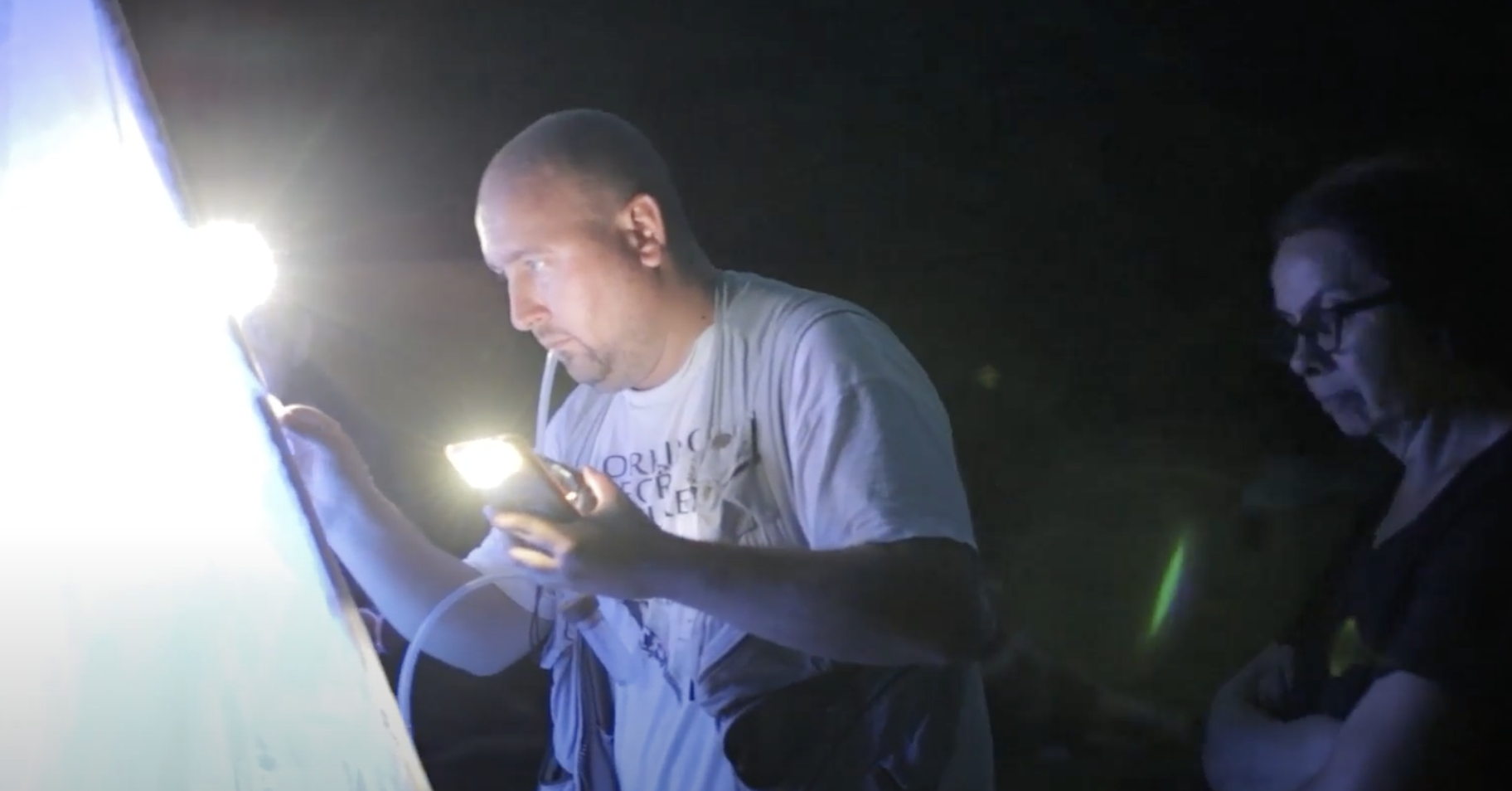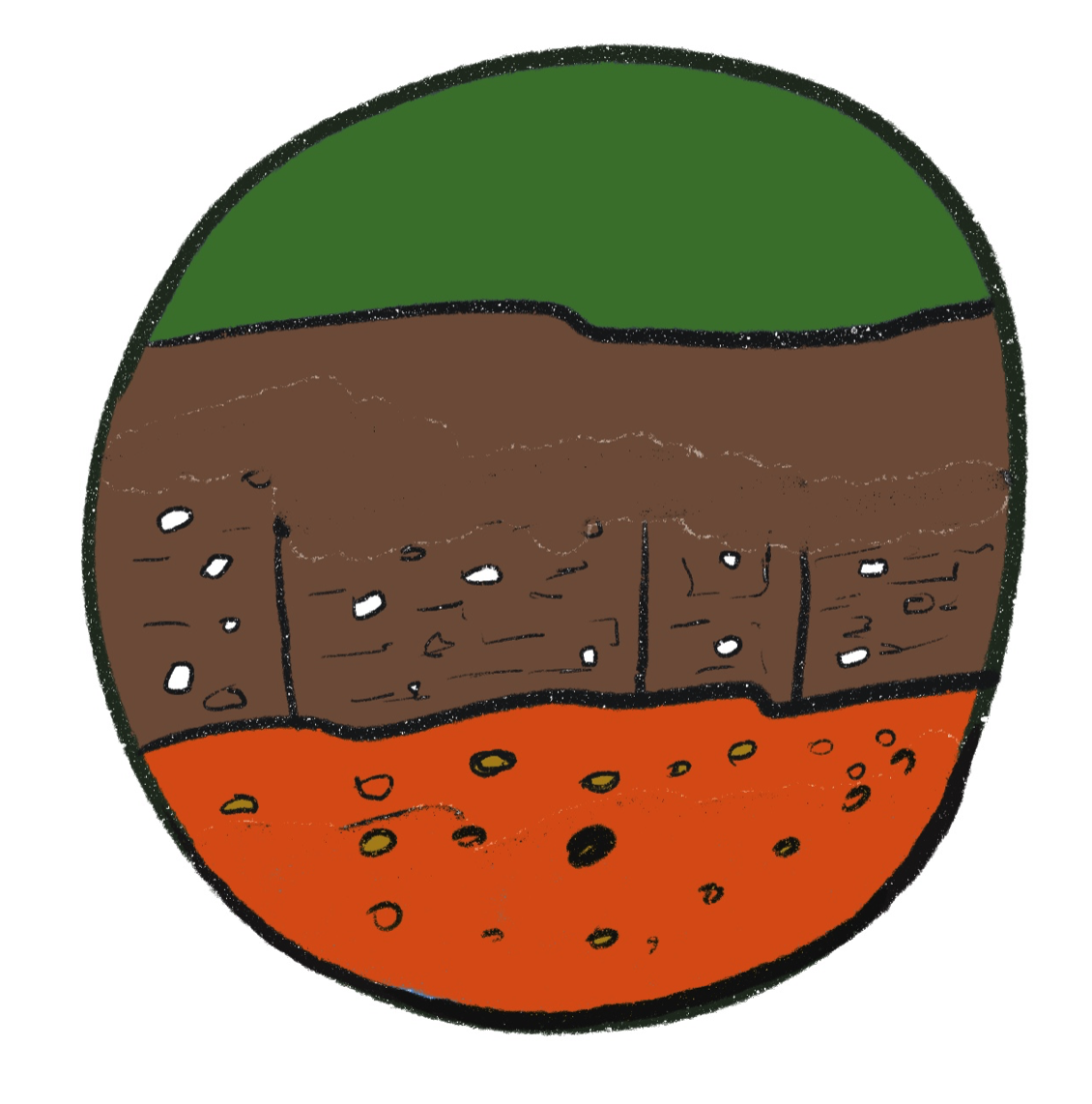Project Description:
This project will provide the establishment of the community and collection and processing of data which will contribute to SDG 15, Target 15.1., with special attention to the indicator 15.1.2. – the proportion of important sites for terrestrial and freshwater biodiversity that are covered by protected areas, by ecosystem type.
Project Type: Kick Starter
Theme: Healthy Planet, Soil
Mentor: Sasha Woods
Citizen Science and Habitat Protection in Serbia
Ecological movement “Frame of Life” is an NGO from Serbia and as a part of the IMPETUS Accelerator, we worked for the past 6 months on the project “Citizens for SDG 15.1”.
The goal of the project was to provide data-based recommendations for the expansion of the area of one protected area through citizen science. We chose to work in the area of the Monument of Nature Ribnica (Western Serbia), which includes part of the gorge of the Ribnica River and surrounding forests. Literature data indicated that this protected area is too small and that a wider area should also be protected.

To expand this protected area, it was necessary to collect and verify data regarding the biodiversity of the area, to do so the project involved 29 citizen scientists and 13 experts to assist with this data collection and analysis. The project involved diverse groups of participants, with different backgrounds and levels of experience in conducting fieldwork activities.

This process resulted in 944 found species, most of them were insects (456 species). More than 130 of these identified species are protected by national and international legislation. Through the joint efforts of the citizen scientists and experts, this project resulted in the discovery of 12 new species for Serbia, 1 new genus for Serbia and 6 new species for science.
Based on this data, recommendations for the expansion of the area were made and the proposed area for protection is around 5 times bigger than the current area of the Monument of Nature. Also, during the project different pressures on the environment were detected ( plans to build a dam in the area, several invasive species of plants, sources of pollution…).

Our inclusion in the IMPETUS accelerator programme increased our capacity to work with communities, citizens and experts, to communicate better with key stakeholders, and how to achieve and measure the impact of our project. We also had a chance to connect with other initiatives during the Accelerator period.
We are very proud of our achievement in the domain of social and environmental impact, and for our next steps, we will be focused on the improvement of political impact – continuation of the further work with stakeholders (especially decision makers), to protect this area by formal decisions and prevent the negative impact of different pressures on the environment and rich biodiversity.
Citizen scientists and experts will continue to work together in this area, but also in the actions of sharing the project results and learning lessons with the stakeholders from other protected areas, which are interested for the implementation of this methodology.



